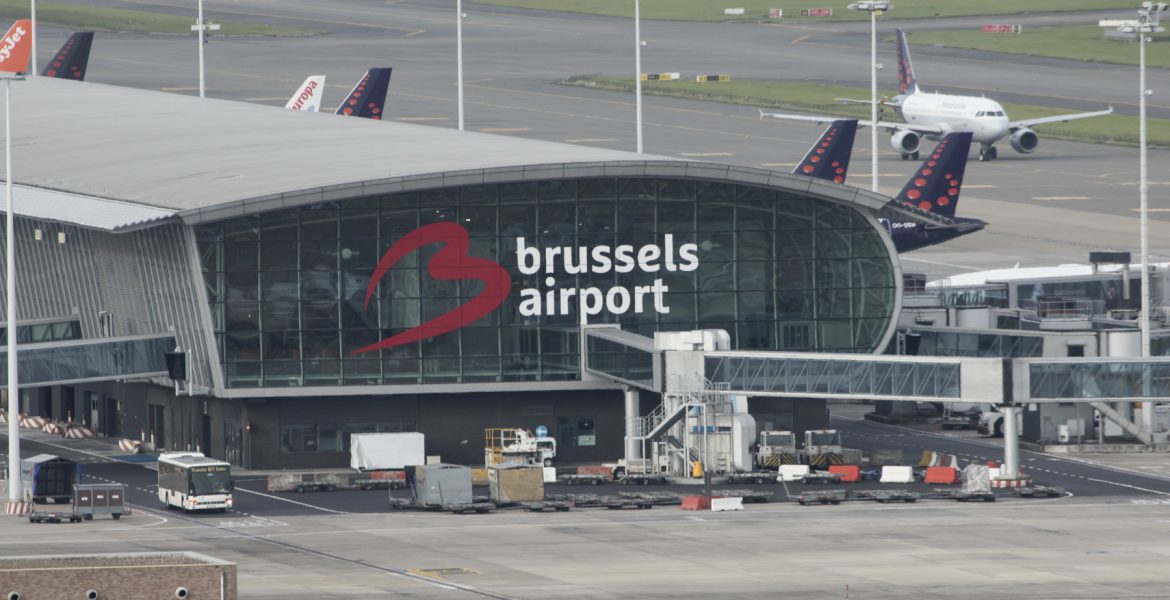This last February, Brussels Airport welcomed around 825,000 passengers, up by 400% compared to February 2021, but still down by 50% compared to the same period before the crisis (February 2019).
A better month than January (-52%), despite being shorter by 3 days. In terms of freight, the volumes transported increased by 13% compared with February 2019, thanks to the significant growth in air cargo (+26%).
Passenger numbers up by 400% compared with 2021 In February, Brussels Airport welcomed 824,812 passengers, an increase of 398% compared with February 2021 (ban on non-essential travel) and a decrease of 50% compared with the same period before the crisis (January 2019).
Despite the fact that February only has 28 days, it was a better month than the previous one, during which Brussels Airport counted a little over 800,000 passengers. February also welcomed more departing than arriving passengers due to the start of the Belgian carnival holidays.
The proportion of departing transfer passengers was 14%, which is 6% lower than in 2019, due to the stronger growth of local departing passengers and a reduction in transfers between European destinations.
The top 10 destination countries in February were respectively Spain, Italy, Germany, Portugal, Switzerland, Turkey, France, the United Arab Emirates, the United States and Morocco.
The ten most popular destinations were Madrid, Barcelona, Lisbon, Geneva, Istanbul, Rome, Milan, Dubai, Malaga and Alicante. Istanbul, Dubai, Malaga and Alicante recorded comparable passenger numbers in 2019.
Freight: air freight volumes up by 26% compared with 2019 In February, the freight volume at Brussels Airport grew by 13% compared with February 2019, before the crisis. This result can be explained by the strong increase in air cargo volumes (+26%).
Thus, the full cargo (+67%) and express services (+39%) segments remain the growth drivers, while passenger volumes remain understandably below 2019 volumes (-24%). Compared with 2021, the full cargo segment recorded a slight decrease in volumes (-5%) due to temporary capacity constraints faced by some carriers.




